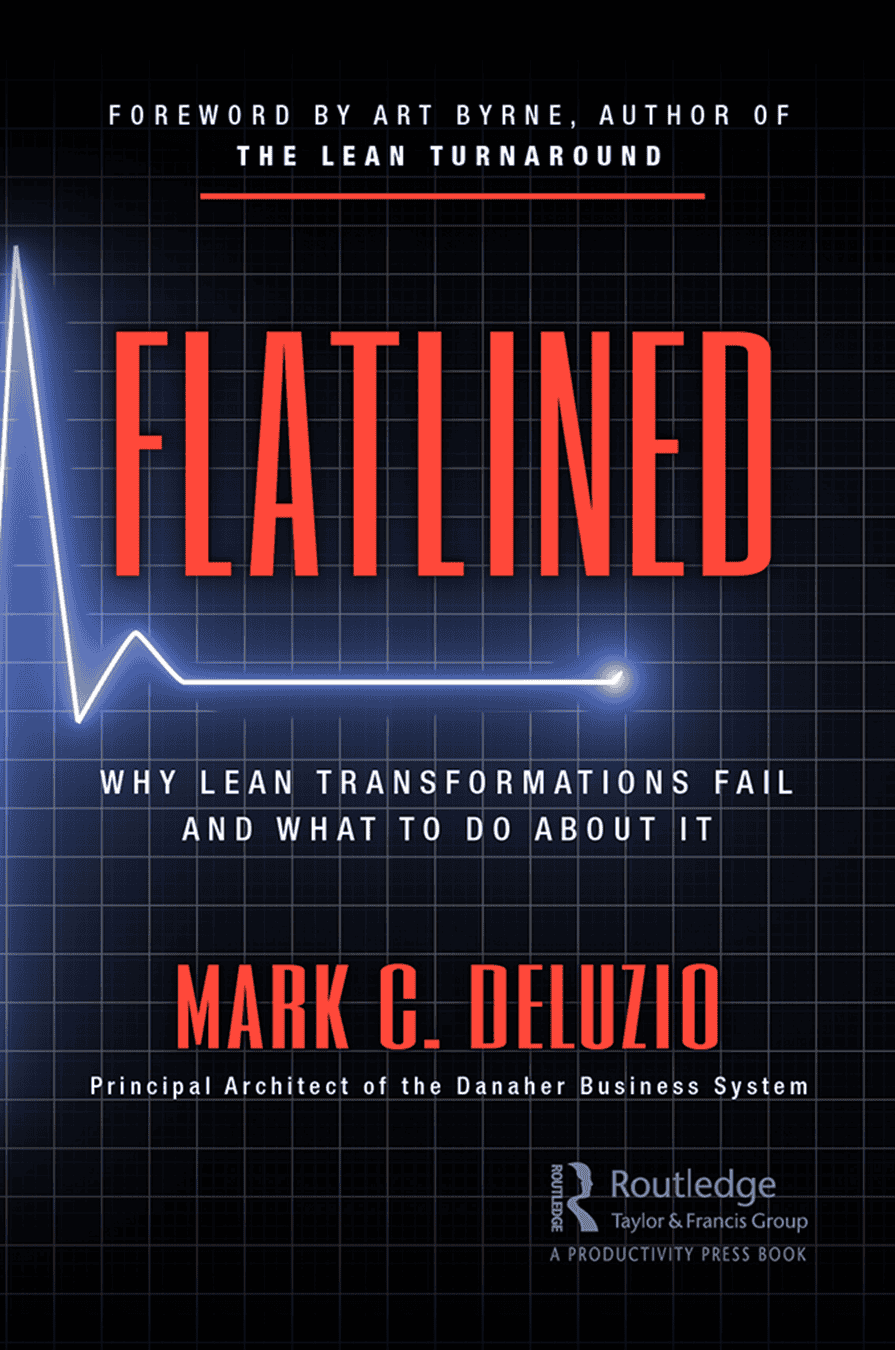A strategic approach to deploying Lean Product Development processes to introduce new products and services typically requires the engagement with a supply chain group that provides products and innovation that are crucial for successful launch. The difficult challenges facing organizations today make it virtually impossible to retain in-house capability for all aspects of product realization.
Advanced Product Quality Planning is an approach where the supply chain is engaged with the Original Equipment Manufacturer or originator of the product or service being planned. APQP (or AQP when products are not the primary deliverable) ensures that Collaborative Product and Process Design (CPPD) takes place. CPPD is a way to ensure that the design not only meets with the future customers’ expectations, but also allows the intelligent inclusion and inputs of the supply chain and interfacing groups to discuss better ways to design out failures, increase productivity and keep an eye on quality.
Advanced Product Quality Planning in New Products and Services
APQP is typically deployed in five concurrent and collaborative phases:
- Plan and Define
- Product Design and Development
- Process Design and Development
- Product and Process Validation
- Continuous Improvement and Feedback
These five phases never end and are in fact sharing information and technical risks which require mitigation plans. The tools within APQP make up a road map to follow where the Design and Process teams engage with the supply chain to exchange inputs of the new product and process designs.
When planned and deployed properly the benefits of APQP are enormous. Lean Horizons Consulting has the experience and knowledge to make the APQP process valuable to any organization.
Product Part Approval Process (PPAP)
PPAP is the demonstrated evidence and documentation that APQP has been successfully deployed.
The purpose of PPAP is to provide the evidence that all customer engineering design record and specification requirements are properly understood by the manufacturing organization, and to demonstrate that the manufacturing process has the potential to produce product that consistently meets all requirements during an actual production run at the quoted production rate.
PPAP provides for many benefits which include:
- Ensures formal quality planning
- Helps to maintain design integrity
- Identifies issues early for resolution
- Reduces warranty charges and prevents costs of poor quality
- Assists with managing supplier changes
- Prevents use of unapproved and nonconforming parts
- Identifies suppliers that need more development
- Improves the overall quality of the product and customer satisfaction
Lean Horizons Consulting APQP and PPAP Training
Lean Horizons Consulting provides a comprehensive suite of training modules and Consulting Services to support our clients to deploy APQP & PPAP processes to rapidly meet customer demands.
PPAP training program example:
The program will provide client capability to meet the requirements to achieve a successful PPAP submission, the various submission levels, and any bulk material requirements.
List of topics:
- Present the concepts of PPAP – Production Part Approval Process
- Provide a brief overview of each of the elements required for PPAP
- Provide a brief overview of each of the submission levels and the required documentation for each
- Explain the bulk materials requirements and when they are required

